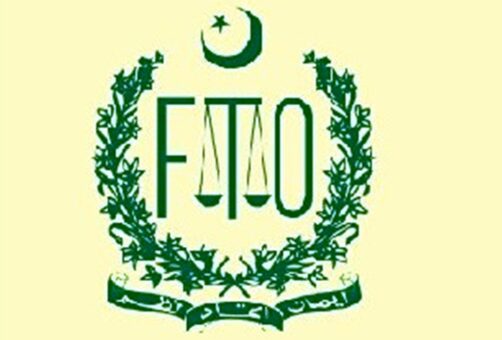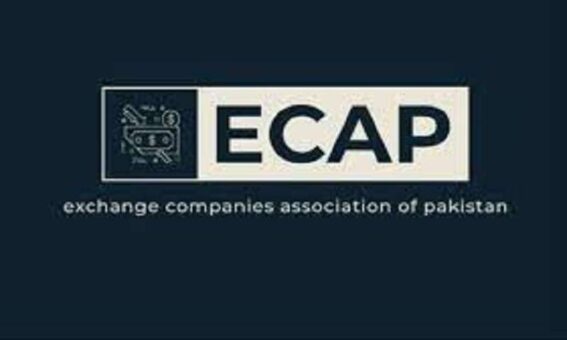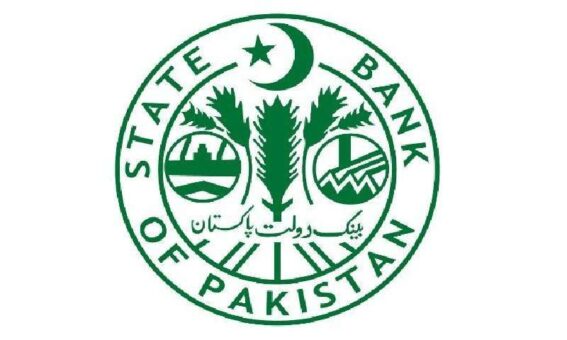Pakistan may announce a massive increase in petroleum prices in order to meet the conditions set by the International Monetary Fund (IMF).
(more…)Category: Top stories
Find top stories in this section. Pakistan Revenue brings you the latest and most important news from Pakistan and around the world, keeping you informed with key updates and insights.
-

Rupee falls sharply in intraday trading; dollar jumps to PKR 235.20
KARACHI: Pakistani Rupee (PKR) Thursday fell sharply against the dollar to trade at PKR 235.20 in intraday trading at interbank foreign exchange market.
(more…) -

Tax notice placement on IRIS is not valid service: FTO
In a case, the Federal Tax Ombudsman (FTO) has observed that mere placement of notice on the IRIS does not constitute a valid service.
(more…) -

Forex companies decide removing exchange rate cap after SBP suspends many outlets
KARACHI: Foreign exchange companies on Tuesday decided to remove cap on exchange rate, which was meant to control the dollar rate in open market.
(more…) -

FPCCI warns black economy to boost on high interest rate
KARACHI: Federation of Pakistan Chambers of Commerce and Industry (FPCCI) has warned the government that industry will opt black economy as formal banking channels are out of reach due to high interest rate.
(more…) -

No letup in rupee fall; dollar surges to PKR 230.40 in interbank
KARACHI: The Pakistani Rupee (PKR) continued its falling journey against the dollar on Tuesday and fell to PKR 230.40 in interbank foreign exchange market.
(more…) -

Pakistan waives port charges for stuck up containers for non-opening LCs
KARACHI: Pakistan has waived demurrage and detention charges for stuck containers at ports due to non-opening of letter of credits (LCs), a senior minister announced on Monday.
(more…) -

SBP raises benchmark rate by 100 basis points to check inflation
KARACHI: State Bank of Pakistan (SBP) on Monday raised benchmark policy rate by 100 points to 17 per cent to check inflationary pressure.
(more…) -

SBP allows one-time facilitation to importers for consignment clearance
KARACHI: State Bank of Pakistan (SBP) on Monday allowed one-time facilitation to importers who arrange funds to settle pending import payments.
(more…) -

Dollar crosses PKR 230 in interbank foreign exchange
KARACHI: The US dollar strengthened against Pakistan Rupee (PKR) on Monday and crossed PKR 230 in interbank foreign exchange market.
(more…)
